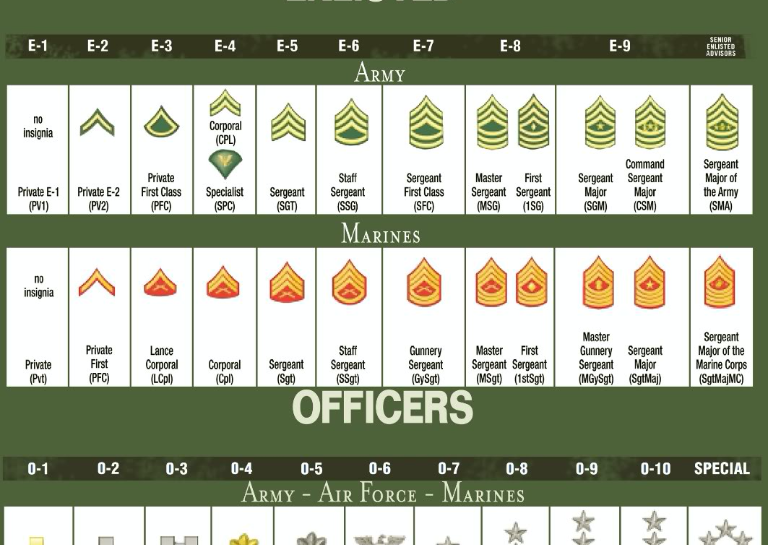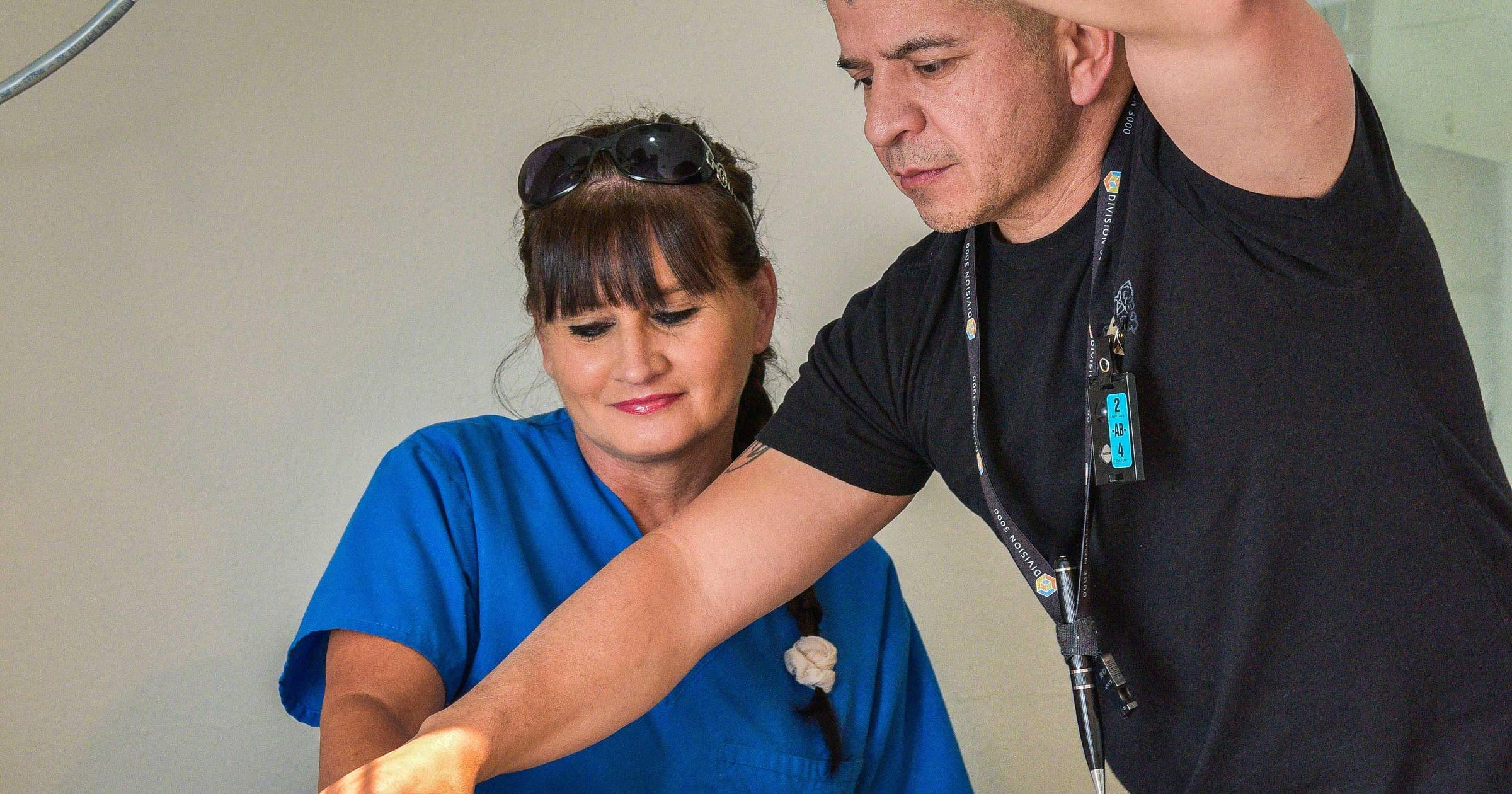7 Army Officer Careers

Introduction to Army Officer Careers

The army is a prestigious institution that offers a wide range of career opportunities for individuals who are passionate about serving their country. Army officers are trained to lead and manage teams, make strategic decisions, and oversee various military operations. In this blog post, we will explore seven different army officer careers, their responsibilities, and the skills required to succeed in these roles.
1. Infantry Officer

An infantry officer is responsible for leading infantry units, which are the backbone of the army. They are trained to engage in combat, conduct reconnaissance, and secure territory. Infantry officers must be physically fit, able to think critically, and possess strong leadership skills. Some of the key responsibilities of an infantry officer include: * Leading troops in combat and training exercises * Conducting reconnaissance and gathering intelligence * Developing and implementing tactics and strategies * Mentoring and training junior officers and enlisted personnel
2. Military Intelligence Officer

A military intelligence officer is responsible for gathering and analyzing information about enemy forces, terrain, and weather. They use this information to develop strategic plans and provide recommendations to senior commanders. Military intelligence officers must be analytical, able to think critically, and possess strong communication skills. Some of the key responsibilities of a military intelligence officer include: * Gathering and analyzing intelligence data * Developing and presenting intelligence reports * Providing recommendations to senior commanders * Conducting reconnaissance and surveillance
3. Logistics Officer

A logistics officer is responsible for managing the supply chain, transportation, and maintenance of military equipment. They ensure that troops have the necessary resources to perform their duties effectively. Logistics officers must be organized, able to think strategically, and possess strong problem-solving skills. Some of the key responsibilities of a logistics officer include: * Managing the supply chain and inventory * Coordinating transportation and maintenance of equipment * Developing and implementing logistics plans * Conducting inspections and audits to ensure compliance
4. Signal Officer

A signal officer is responsible for managing communication systems, networks, and cyber security. They ensure that military units can communicate effectively and securely. Signal officers must be technically proficient, able to think critically, and possess strong problem-solving skills. Some of the key responsibilities of a signal officer include: * Managing communication systems and networks * Developing and implementing cyber security plans * Conducting inspections and audits to ensure compliance * Providing technical support and training to personnel
5. Medical Officer

A medical officer is responsible for providing medical care to military personnel. They diagnose and treat illnesses, injuries, and provide preventive care. Medical officers must be compassionate, able to think critically, and possess strong communication skills. Some of the key responsibilities of a medical officer include: * Diagnosing and treating illnesses and injuries * Providing preventive care and health education * Conducting medical research and development * Managing medical personnel and resources
6. Engineer Officer

An engineer officer is responsible for designing, building, and maintaining military infrastructure, such as roads, bridges, and buildings. They also develop and implement plans for disaster response and recovery. Engineer officers must be technically proficient, able to think strategically, and possess strong problem-solving skills. Some of the key responsibilities of an engineer officer include: * Designing and building military infrastructure * Conducting inspections and audits to ensure compliance * Developing and implementing plans for disaster response and recovery * Providing technical support and training to personnel
7. Aviation Officer

An aviation officer is responsible for managing aviation units, including aircraft, personnel, and equipment. They ensure that aviation units are able to perform their duties effectively and safely. Aviation officers must be technically proficient, able to think critically, and possess strong leadership skills. Some of the key responsibilities of an aviation officer include: * Managing aviation units and personnel * Developing and implementing flight plans and operations * Conducting inspections and audits to ensure compliance * Providing technical support and training to personnel
💡 Note: These are just a few examples of army officer careers, and there are many other specialties and sub-specialties within each career field.
In conclusion, army officer careers offer a wide range of opportunities for individuals who are passionate about serving their country. From infantry and military intelligence to logistics and aviation, each career field requires unique skills and abilities. By understanding the responsibilities and requirements of each career field, individuals can make informed decisions about their career path and pursue a rewarding and challenging career in the army.
What is the role of an infantry officer in the army?

+
An infantry officer is responsible for leading infantry units, which are the backbone of the army. They are trained to engage in combat, conduct reconnaissance, and secure territory.
What skills are required to become a military intelligence officer?

+
Military intelligence officers must be analytical, able to think critically, and possess strong communication skills. They must also be able to gather and analyze intelligence data, develop and present intelligence reports, and provide recommendations to senior commanders.
What is the role of a logistics officer in the army?

+
A logistics officer is responsible for managing the supply chain, transportation, and maintenance of military equipment. They ensure that troops have the necessary resources to perform their duties effectively.
What skills are required to become a signal officer in the army?

+
Signal officers must be technically proficient, able to think critically, and possess strong problem-solving skills. They must also be able to manage communication systems and networks, develop and implement cyber security plans, and provide technical support and training to personnel.
What is the role of a medical officer in the army?

+
A medical officer is responsible for providing medical care to military personnel. They diagnose and treat illnesses, injuries, and provide preventive care. Medical officers must be compassionate, able to think critically, and possess strong communication skills.



